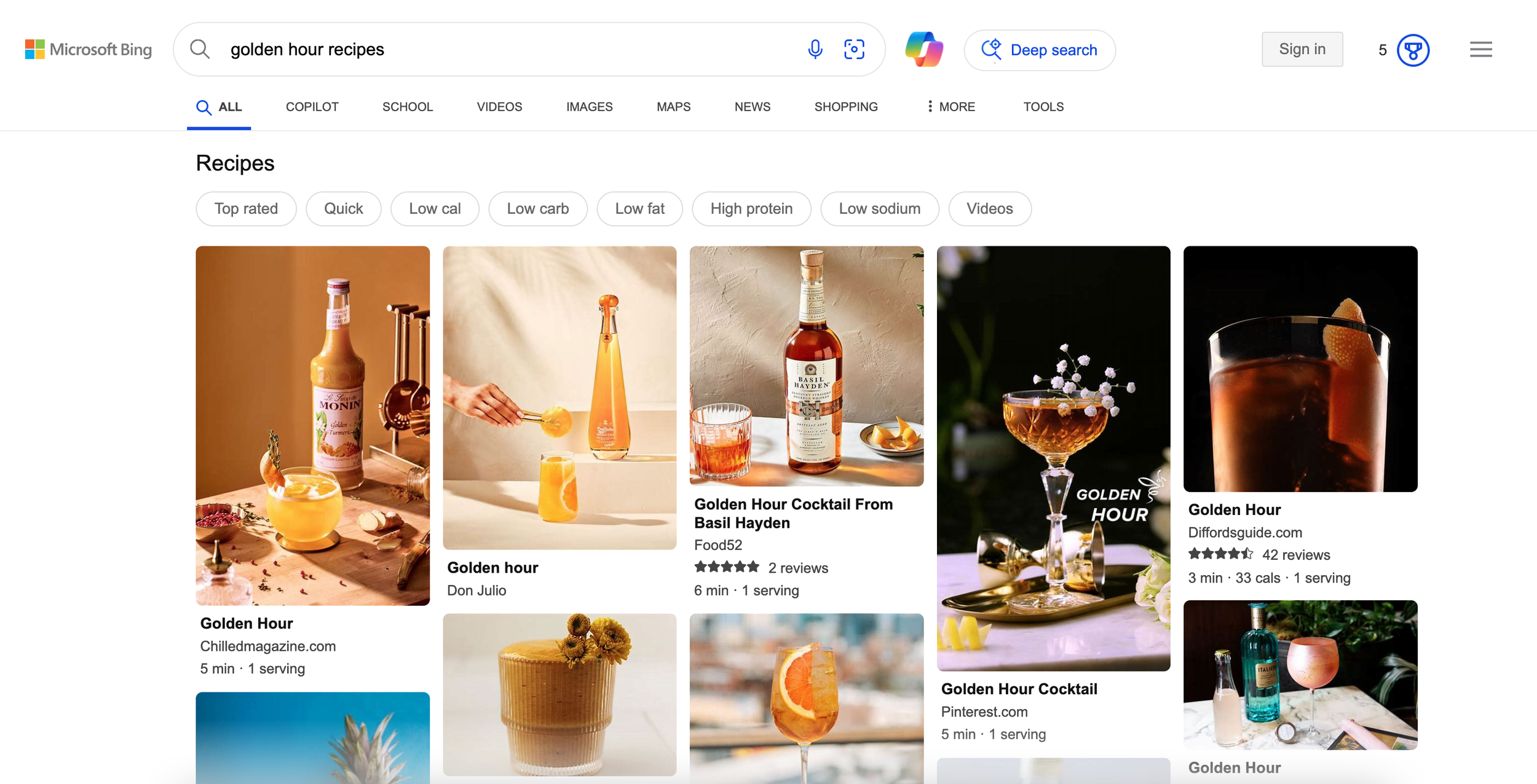Will Google Lose Their Monopoly on Search?: Key Takeaways from the February Tech on Tap Panel
* Photo taken while hiking in Malibu
Yesterday, I attended a tech event in Glendale, CA, hosted by Glendale Tech. James Taylor, a marketing professional from Redefine Marketing Group, spoke about leveraging AI for lead generation.
It seems that Generative Engine Optimization (GEO) is emerging as a new way to approach search, shifting the focus from traditional Search Engine Optimization (SEO). While SEO is about optimizing content for Google’s ranking algorithms, often by using keywords and backlinks, GEO is about optimizing for AI-powered search engines like ChatGPT, which generate responses based on a mix of web data and conversational AI. Instead of just ranking on a search results page, businesses now have to think about how AI understands and recommends their content in a conversational format.
I recently put this to the test when I asked ChatGPT for recommendations on recruiting firms in L.A. that represent people with my skills and background. A few years ago, I would have turned to Google for that, but I chose ChatGPT because I knew it would surface the most relevant options.
Taylor also mentioned that companies (assuming the ones his firm represents) are seeing increased conversion rates from AI-generated leads. He provided three ways for optimizing businesses for AI search:
Bing Webmaster Tools
AI & Third-Party Review Sites
Using “Listicle” SEO
I was curious about Bing Webmaster Tools, especially since Bing isn’t often mentioned nowadays when it comes to search, so I decided to test it out. I opened Bing to see if this blog, Golden Hour Recipes, appeared in the search results. It didn’t, which wasn’t surprising, my URL is a bit random, having been generated by Squarespace. Instead, my search mostly brought up drink recipes.
I then headed to Bing Webmaster Tools, created an account, signed in, and submitted my site link. I’ve updated the DNS on my site and am currently waiting for it to be verified by Bing. I’ll provide an update tomorrow on whether my blog starts appearing in search results on both Google and my favorite AI platform: ChatGPT.
Given how simple this process was—and considering the other insights James shared—I have no doubt that AI search will continue to grow. In fact, I even promised my parents that next time I visit, I’ll set up ChatGPT on their phones and set up Alexa’s AI for them. The question isn’t whether Google will lose its monopoly on search, but more so which AI platform will come out on top when it comes to search: ChatGPT (OpenAI), DeepSeek, Perplexity, or Gemini (Google). I personally think Google has more work to do with Gemini if they want to stay on top, though I might be biased due to my affinity for ChatGPT. Either way, AI-driven search is here to stay, and it's only going to get smarter.
- Mali


